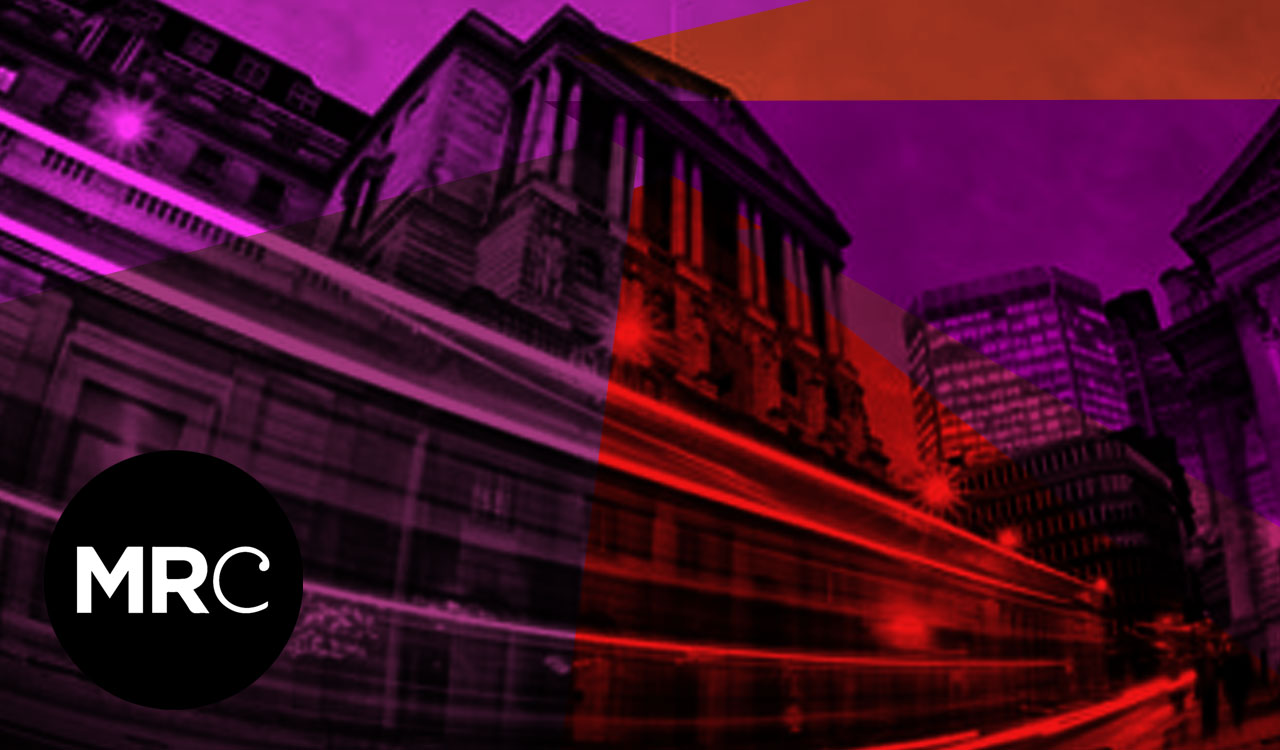The fact that most of the British media opted to focus on marginal disagreements between Labour and Conservative members of the Committee, rather than on the scathing critique that all the report’s authors endorsed, is perhaps not surprising. Such is the instinctive reflex of the broad media agenda that it is inevitably drawn to the narrative of partisan conflict over the narrative of consensus. But party squabbles are the stuff of daily political game-playing. What is really new(s) about all this is the fact that rarely if ever in British political history has there been such a united front against the perils of concentrated media power. This is the real story behind yesterday’s report. The question we should be focussing on is what to do with this, rather than on who disagrees over what.
The government will inevitably defer to the Leveson Inquiry and the elusive Communications Green Paper (first promised before Christmas last year but still yet to surface). But those of us with a stake and interest in seeing some kind of real change in the way that the media are structured and owned (i.e. everyone outside of the government, News International and perhaps the police) have no such luxury. Now is the time to voice our visions of what a democratic and accountable media looks like; a media that is reclaimed from the garden parties of media moguls and their political allies and placed back in the hands of the the audiences and citizens they are supposed to serve.
Of course these visions will be as varied and multifaceted as the media themselves; as uncommon as the 99%. But lest we forget amidst the pull and spectacle of conflict, there IS common ground and there IS room for different ideas and possible solutions, so long as we are focussed on treating the root causes of media corruption rather than just the symptoms of the disease.
This requires a focus on process over personality, another task at odds with the general thrust of media coverage on this issue. Because for all the villainous portrayals of Rupert Murdoch and his hench men and women, history will judge that hackgate was the product ultimately not of one man and his imperialist ambitions, but of a system that allowed it to happen in the first place, and then allowed it to go undetected for so long. If our aim is too sharply focussed on the immediate target, we risk losing sight of what is the real common denominator: concern over the potential for powerful interests to dominate, and at times manipulate public conversation.
To this end, Media Reform was established in August 2011 and has since been working with and through a host of civil society groups, campaigners and policymakers; carrying out collaborative research and hosting regular public meetings. Our focus has been not on the micro issue of hacking in tabloid journalism, but on the broader structural issues that have, to various degrees and at various instances, compromised the provision of public interest news across platforms. The wealth of ideas that have been generated through our discussions are now crystallising into a ‘Campaign for Real Journalism’. Underpinning this is a set of policy proposals and options which address the regulation, structuring and funding of news in the public interest.
On the evening of 17th May, in conjunction with the Hacked Off campaign, we will be bringing together a host of celebrities, politicians and hacking victims in Westminster Central Hall. Speakers include Hugh Grant, Tom Watson, Harriet Harman, Mary-Ellen Field, Jaqui Hames and a host of others who will be talking about a new deal for a democratic and accountable media. Entrance is free and open to all – register at http://rallyformediareform.eventbrite.com/ to guarantee entry before 6pm or watch the live stream at www.mediareform.org.uk



